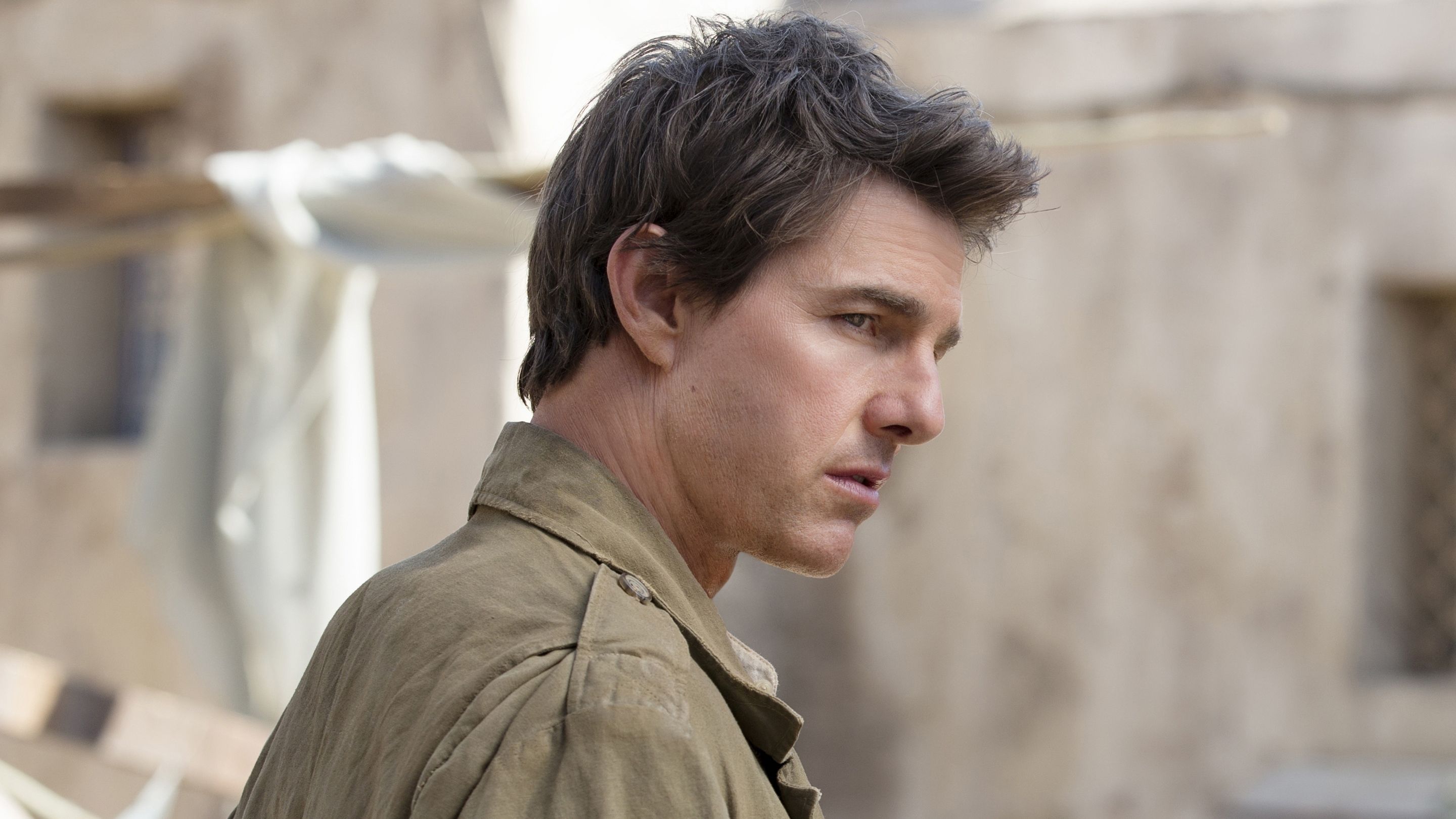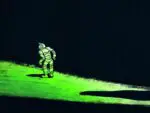Universal Studios has curated many well-remembered films over the past few decades, especially in their animation department, which produced the “Despicable Me” and “How to Train Your Dragon” franchises, as well as several high-earning Dr. Seuss adaptions. However, the company stumbled attempting to combine many of its properties into a franchise comparable to the cinematic universes of Marvel and DC Comics. Unfortunately, after “The Mummy” (2017), the Universal “Dark Universe” probably won’t mirror earlier successes.
Universal’s adaptations of classic horror literature — which reshaped the stereotypical images of characters like Frankenstein’s monster, Dracula and the wolfman — have earned them praise. The early years of Universal’s monster movies, i.e. the early 1940s, witnessed arguably the first major film crossovers, with productions such as “Frankenstein Meets the Wolf Man,” “House of Frankenstein” and “House of Dracula.”
As pioneers of the horror film crossover, of course Universal turned to these classic characters when faced with modern cinematic universes, which root much of their success in how established they are in the public psyche. So how did it all go so wrong?
From 1999 to 2008, Universal released “The Mummy” trilogy, as well as the “Scorpion King” spinoff films. While campy and far from the subtle horror of the original Boris Karloff film, the mummy-centric movies were all financial successes and set future projects into motion. As early as 2012, plans for a reboot definitively scrapped any new Brendon Fraser-helmed films.
In 2010, Universal released “The Wolfman,” featuring renowned actors like Anthony Hopkins, Benicio del Toro and Emily Blunt, and while it was an overall failure at the box office, it reflected Universal’s continued attraction to classic horror characters.
2014’s “Dracula Untold” was intended to be the first installment of a franchise, an attempt to realize the Dark Universe. By reimagining the character as the historical Vlad the Impaler, the film would reflect the gritty and modern take that Universal had in mind, similar to many superhero origin films in tone and plotline. However, while it was a success financially, critical reception was lukewarm. Officially, the film was removed from the Dark Universe canon, and Universal would take until 2017 to release a new beginning.
“The Mummy,” 2017, was meant to be a game changer, with Tom Cruise as the lead — whose fame and comfort with stunts would draw attention with the initial trailer — and Russell Crowe as Dr. Jekyll. In the film, Crowe hints at an expansion based off the film, “a world of gods and monsters,” at one point even guiding Cruise through a room full of Easter eggs, including a vampire skull and the arm of the creature from the Black Lagoon. Jekyll even transforms into Mr. Hyde during the film.
Clearly, the movie was set up as the perfect scaffold for a new series, yet everything was shattered with its release. The film would ultimately lose over $100 million, as well as the respect of those who opted to view it.
So what was wrong with it? Primarily the plot, which made little sense and had a number of storylines that were either overly complicated or led nowhere. The story was set in present-day Iraq and Britain, not the pre or post-World War I Egyptian setting typically associated with the brand. The characters were unoriginal and poorly written, with Cruise in particular being criticized for not adding much to his role.
“The Mummy” was nominated for multiple Golden Raspberry Awards, and Cruise actually won worst supporting actor. In the wake of the disaster, as of 2019, Universal has postponed any future development of the Dark Universe, even though they had planned new renditions of “The Invisible Man” and “The Bride of Frankenstein,” which would have cast Javier Bardem and Angelina Jolie. As of now, these films are simply ideas on the shelf.
So what lessons can be learned from Universal’s efforts? They should have followed the models of established crossover universes. Unlike Marvel, where the films gradually became more and more popular, or DC, where each film has thus far staggered between positive and negative reception, Universal’s Dark Universe barely managed to get off the ground before being cancelled.
Marvel released a few movies without expecting to become as popular as they are, while DC generated massive excitement for “Batman v. Superman” and produced films that catered to fans, like “Wonder Woman” and “Aquaman.” The issue with Universal’s Dark Universe is that it expected branding and casting to win over audiences, underestimating the power of its licenses.
Unfortunately, while Universal may release more films, the damage of 2017 probably won’t be undone in the near future.
















